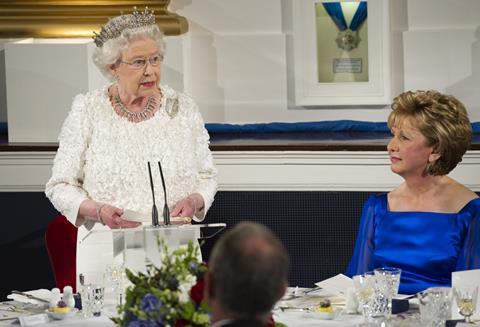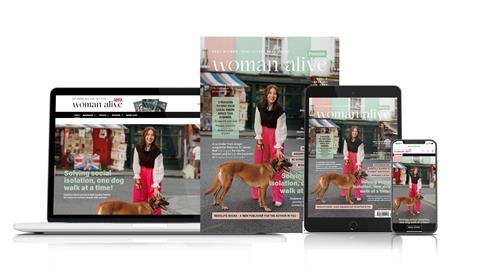Northern Irish writer Dr Rachel Hanna reflects on the impact The Queen had in Northern Ireland and explains that without the Queen’s stabilising presence - she feels more aligned with Ireland than Britain.

As I reflect on the significance of Queen Elizabeth II from my home in Northern Ireland, my heart swells with a complicated mix of sadness, love and fondness. It’s safe to say our identity politics are complex, but regardless of whether or not people saw her as their Sovereign, her death still marks the end of an era for all of us. The statements of representatives across political and national divides, and religious denominations (Catholic, Presbyterian, Anglican, Methodist, etc.), universally denote admiration for her character, sense of duty, and commitment to reconciliation on this island. It is rare for our political leaders to express such unanimity and charity about any single person or issue.
The Queen’s state visit to Ireland in 2011 was a watershed moment because of her willingness to name the wrong that had been done by the British in Ireland: “With the benefit of historical hindsight we can all see things which we would wish had been done differently or not at all.” The following year, she shook hands with Martin McGuinness, a former commander of the Irish Republican Army, the organisation responsible for the murder of Prince Philip’s uncle Lord Mountbatten in 1979. Her words and gestures signalled forgiveness, and a commitment to and hope for a brighter, more united future.
Most of all, the Queen was the UK’s moral compass.
She was an enduring presence, but most of all, the Queen was the UK’s moral compass. When leaders and governments repeatedly failed or collapsed, she remained a quiet, steadying anchor. She followed the example of Christ’s servant leadership: lion-hearted in her courage and sense of duty, but lamb-like in her humility and attentiveness to individuals. Ironically, the Queen did not court celebrity. Her life has a lot to teach us about doing little, hidden things with great love - an important lesson for the Insta-generation. We have lost our best example of Christian faith lived out in the public square. As the years passed and being a Christian carried less kudos in the UK, her unabashed outspokenness about her faith in Jesus proved her relationship with Him was alive. She also let her life speak– I will always remember her sitting alone at her husband’s funeral, and I felt she did that for all of us, who made similar harrowing sacrifices and carried heavy emotional burdens alone during the COVID pandemic. She did not see herself as an exceptional case, and I loved her for it.
She followed the example of Christ’s servant leadership: lion-hearted in her courage and sense of duty, but lamb-like in her humility and attentiveness to individuals.
I wonder how her loss will impact Northern Ireland’s place, or desire to remain, in the United Kingdom? The death of the Queen comes as another blow to the Unionist identity. There is little love for the British Government in Northern Ireland in the aftermath of Brexit. Even unionists who are deeply loyal to the crown feel abandoned by Westminster. Will “King and Country” garner the same devotion? Honestly, I’m doubtful. Though the devolved government in Northern Ireland is again on hiatus, recent elections voted in the first ever nationalist majority. A referendum on Irish unity seems inevitable in the not-too-distant future, and I don’t know what way it will go. I know that for me, identifying as (Northern) Irish rather than British is more likely now that the Queen is gone. I’m sorry to say she was one of the few remaining positive associations with “Britishness” for me. I’m sure I’m not the only one.
Putting political musings and predictions aside, as we look to a future without her, we may be filled with fear. However, I believe the Queen would urge us that we do not put our trust in kings, princes, or prime ministers, who cannot save (Ps 146: 3). We realise now, that even our Queen is mortal (Ps. 146:4), but we can have hope in the midst of grief because the God of Jacob is our true Lord and King (146:5). May we live as she lived: steadfastly trusting and serving our Servant King, until the very end.





























